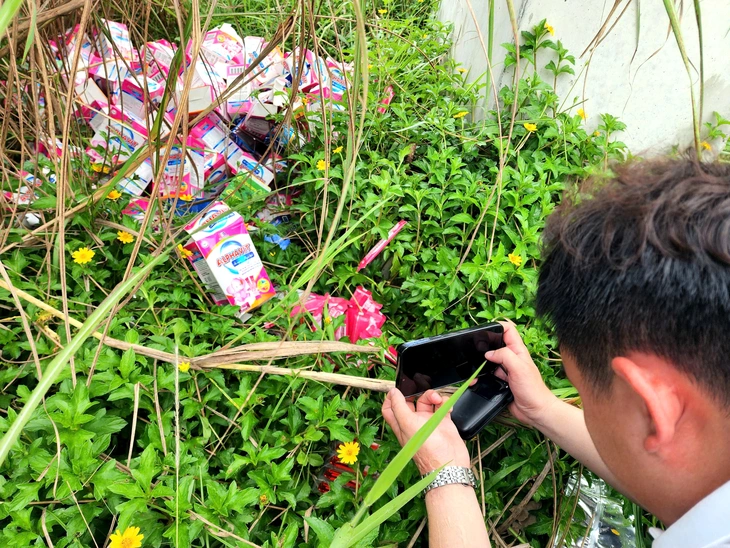
Functional foods were thrown away on the side of Nguyen Van Linh Street (HCMC), when businesses learned that the police were cracking down on counterfeit goods on a large scale - Photo: NGOC KHAI
After only one month of implementing the peak campaign to handle counterfeit and smuggled goods, authorities discovered and handled more than 3,100 violations after inspecting nearly 3,900 cases.
While authorities have stepped up their crackdown on counterfeit goods at traditional markets, production facilities, and business locations, many types of counterfeit goods are still rampant on online markets, causing damage not only to consumers but also to the economy .
Businesses suffer double losses
Talking to Tuoi Tre , Ms. Tran Vu Phuong Ha - Deputy General Director of Mat Viet Group, said that the situation of selling fake goods, goods that infringe intellectual property, and poor quality goods is happening everywhere in the eyewear market. In the area where Mat Viet stores are located, there are up to 80% fake glasses surrounding them, and many customers use them.
This has greatly affected the business activities of enterprises importing genuine goods with clear origins. Over the years, not only genuine enterprises in the eyewear industry, but also many other industries have earnestly hoped to be protected from rampant counterfeit, fake and poor quality goods.
Notably, in addition to selling counterfeit and fake branded goods (Ray-Ban, Gucci, Dior, Chanel, Gentle Monster, Bolon...), many parties also sell fake prescription glasses (frames and lenses for people with nearsightedness, astigmatism, and farsightedness).
"Eyeglasses are not only a fashion accessory, but also directly affect visual health," Ms. Phuong Ha emphasized.
Consumers spend money to buy, the seller needs to ensure that it is genuine, quality goods. Not to mention, some parties lack expertise, when measuring eyes, fitting glasses are off center, wrong axis..., affecting consumers.
Therefore, according to Ms. Ha, customers need to find a reputable place to buy glasses, with clear invoices and documents, and be willing to take responsibility for the origin and quality.
MSc. Nguyen Pham Hoang Huy - head of the e-commerce departmentof FPT Polytechnic HCM, emphasized that although many platforms have implemented scanning for counterfeit and copyrighted goods, in reality they have not been able to handle them thoroughly.
"The floor is rushing to collect fees from small traders, but it must also protect genuine sellers. It cannot let an unhealthy competitive environment exist for a long time," said Mr. Huy.
Clean e-commerce floors
At the talk show "E-commerce facing the challenge of maintaining consumer trust" recently organized by Tuoi Tre newspaper, Mr. Nguyen Minh Hung - Deputy Head of Trade Management Department, Ho Chi Minh City Department of Industry and Trade, said that in 2024 alone, the whole country discovered more than 3,000 violations, of which Ho Chi Minh City recorded nearly 400 cases related to counterfeit goods.
These figures are a clear warning, and at the same time open up expectations for a more transparent business environment with the decisive intervention of authorities.
Legally, according to Mr. Hung, there are laws such as the Law on E-commerce and the Law on Consumer Rights Protection that have contributed to the initial transparency of the market.
However, inspection and control work needs to be stricter. State management agencies must ensure an environment that is both open, fair, and sustainable.
"If we tighten too much, it will cause difficulties for businesses, but if we loosen it, it will cause fake and poor quality goods to proliferate," said Mr. Hung.
According to Mr. Hung, the Ministry of Industry and Trade is finalizing a new draft law, with contributions from the Ho Chi Minh City Department of Industry and Trade, to build a more complete and appropriate legal corridor. Despite the efforts, "laws alone are not enough".
Mr. Hung emphasized the role of responsibility and consensus of all entities in the e-commerce ecosystem. It is necessary to strongly screen and eliminate sellers and influencers (KOLs, KOCs) who violate the law, while supporting genuine sellers, quality products and responsible to consumers.
In addition, according to Mr. Hung, consumers should prioritize choosing genuine stores and reputable sellers on e-commerce platforms.
"And when discovering a product that does not meet quality standards, even if it only costs a few thousand dong, it should be reported to the platform to help prevent the violation from spreading, instead of abetting the violation by remaining silent," said Mr. Hung.
E-commerce platform "disclaims" responsibility
Reflecting to Tuoi Tre , a reader said that he had ordered a product on a famous e-commerce platform. However, when receiving the goods, this reader discovered that it was a fake - just a small bag, not true to the product description.
Immediately after that, I returned the goods according to the correct procedure and the system of this platform confirmed that I had received the returned goods. However, it is worth mentioning that this platform refused to refund, with the reason that "the seller's account does not have enough money to refund". The platform also stated that it could not provide any further support, pushing all the damage to the buyer - even though the fault was clearly not the reader's.
"I think this is an irresponsible way of working, affecting consumer rights and causing loss of trust in the operations of this e-commerce platform," reader van...@gmail.com was indignant.
Handling more than 3,100 cases of counterfeit goods in 1 month
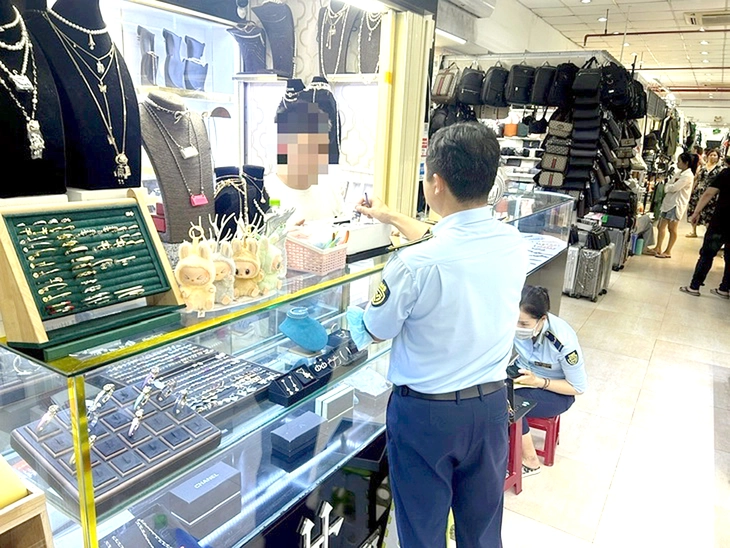
Market Management Team No. 4 deployed forces to inspect a number of business locations at Saigon Square (June 2025) - Photo: HY
According to the Department of Domestic Market Management and Development (Ministry of Industry and Trade), after a month of implementing the peak campaign against smuggling, trade fraud, counterfeit goods and intellectual property rights infringement, the whole country has inspected 3,891 cases, detected and handled 3,114 violations with a total fine of more than 63 billion VND.
Of these, 26 cases with signs of criminality were transferred to the investigation agency, an increase of 50% over the same period last year.
The peak period recorded many prominent cases discovered and handled such as the temporary seizure of more than 500 fake products of high-end brands in the center of Da Nang on May 20, the case of a fake sock production facility in La Phu (Hanoi) on May 26; the inspection of Saigon Square (HCMC) on May 29 seized thousands of fake products of famous brands.
In particular, the inspection of four cosmetic establishments in Hanoi on June 9 discovered 3,500 smuggled products of unknown origin, showing the complexity and sophistication in mixing counterfeit goods with legal goods.
The agency said it will step up market surveillance through digital technology, interconnect data and perfect legal mechanisms suitable for the characteristics of modern commerce - especially e-commerce.
Topics on checking counterfeit goods and goods infringing intellectual property rights will continue to be deployed, along with propaganda activities and signing commitments with organizations and individuals doing business on digital platforms to raise awareness of law compliance.
Source: https://tuoitre.vn/ngan-chan-hang-gian-hang-gia-can-dong-suc-dong-long-20250617224541838.htm






![[Ảnh] Chủ tịch nước Lương Cường tiếp Bộ trưởng Quốc phòng Thổ Nhĩ Kỳ Yasar Guler](https://vphoto.vietnam.vn/thumb/1200x675/vietnam/resource/IMAGE/2025/9/11/7f1882ca40ac40118f3c417c802a80da)
![[Photo] General Secretary To Lam chairs the Politburo's working session with the Standing Committee of the National Assembly Party Committee](https://vphoto.vietnam.vn/thumb/1200x675/vietnam/resource/IMAGE/2025/9/11/e2033912ce7a4251baba705afb4d413c)

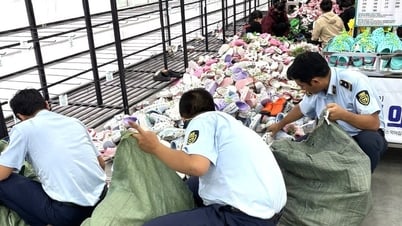
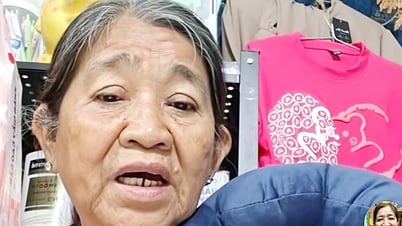
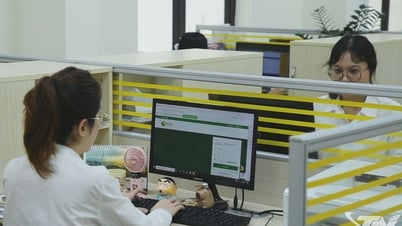

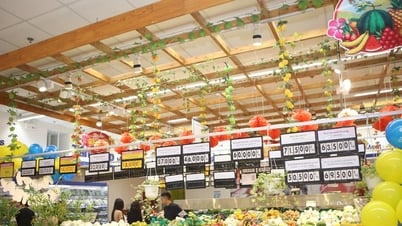



























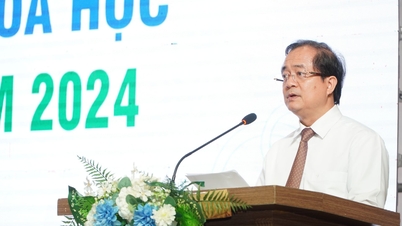








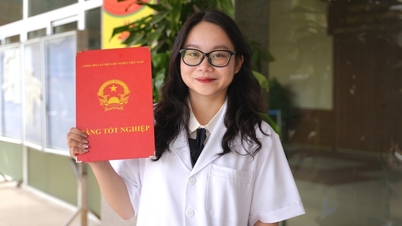






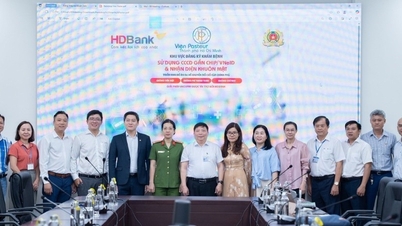

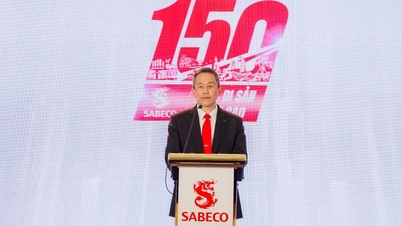

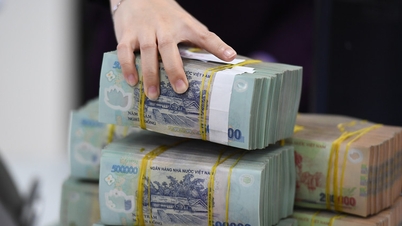










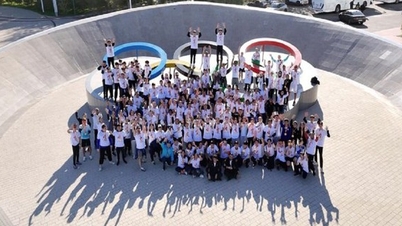

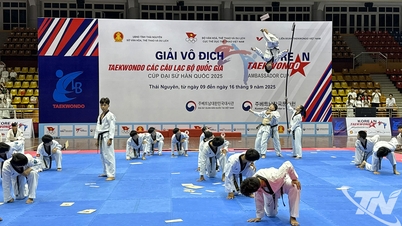




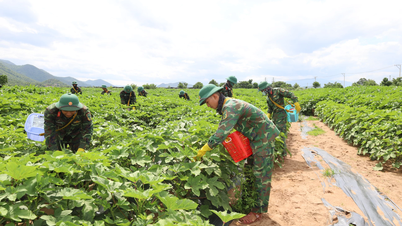






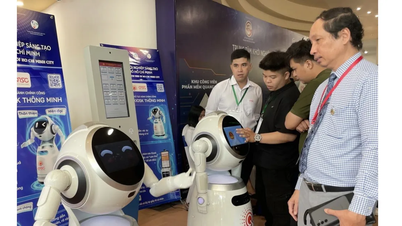


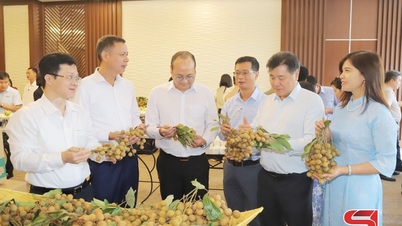






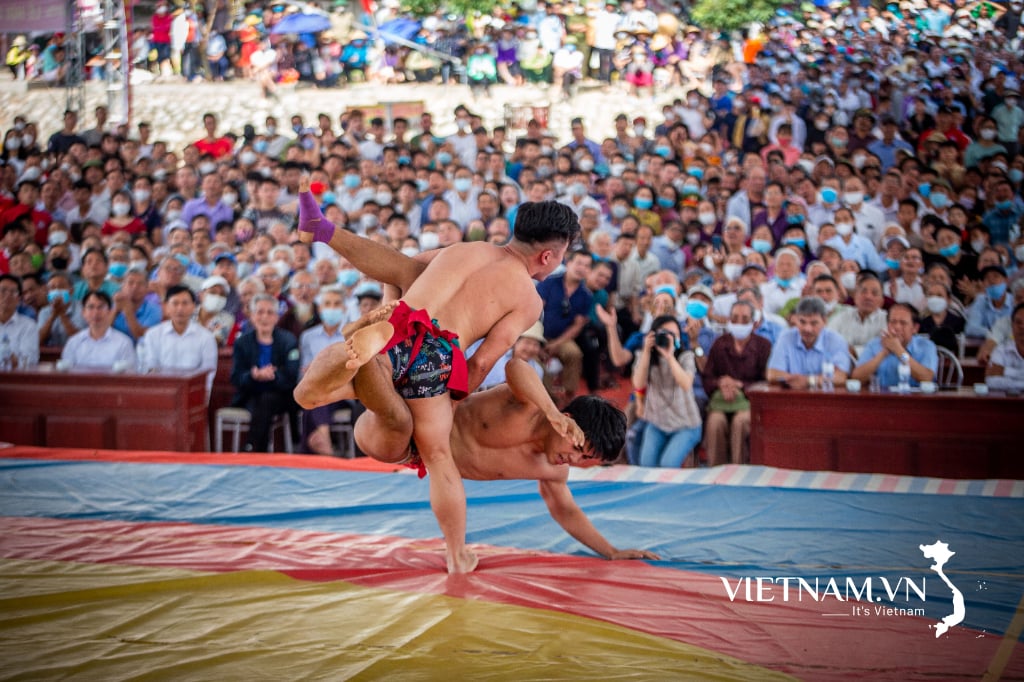

Comment (0)